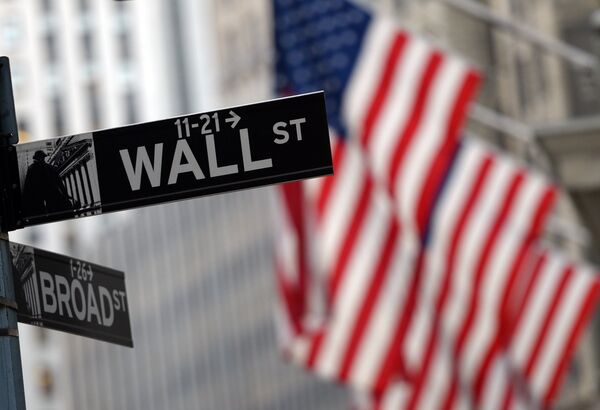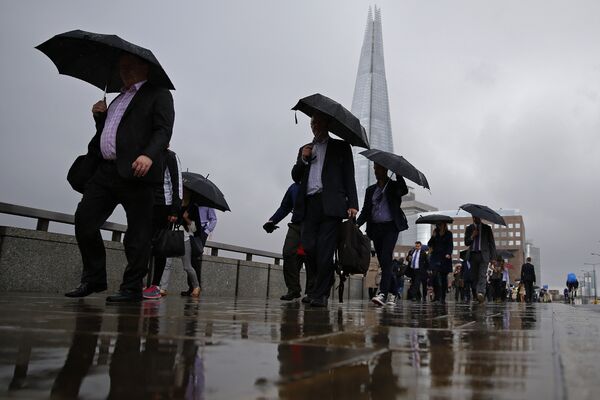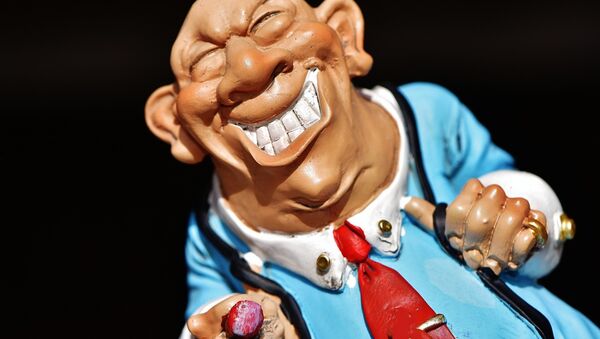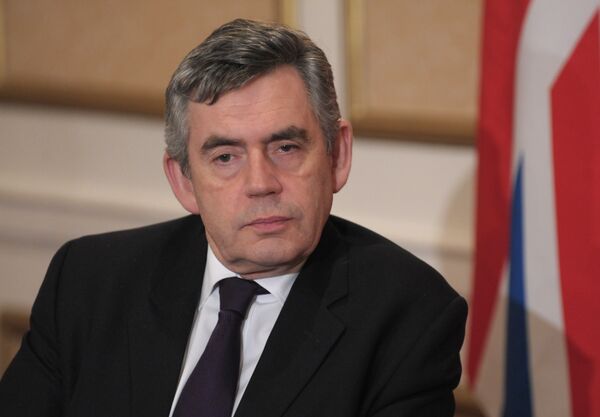Fresh fears have been voiced by ex-premier Gordon Brown, who said a 2008-style banking crash could happen again, forcing British taxpayers to fund another multi-billion pound rescue package.
He insisted rogue banking executives should have been jailed, stripped of their bonuses and had their assets confiscated after Britain experienced the worst financial crisis since the Depression of the 1930s.
Guilty bankers should face prison urges Gordon Brown in his new book. Read the 2nd extract of My Life,Our Times here https://t.co/X7PAsiezFa
— Gordon & Sarah Brown (@OfficeGSBrown) October 31, 2017
Mr. Brown has now questioned why bankers who had been involved in the 2008 global economic crisis had not been prosecuted in the way they were in Ireland, Iceland, Spain and Portugal.
"If bankers who act fraudulently are not put in jail with their bonuses returned, assets confiscated and banned from future practice, we will only give a green light to similar risk-laden behavior in new forms," Mr. Brown wrote in his memoir My Life, Our Times.
The year 2009 "has proved to be the turning point at which history failed to turn," he explained, adding that little has changed since "the promise in 2009 that we bring finance to heel."
"The banks that were deemed 'too big to fail' are now even bigger than they were," Mr. Brown said.

"Similarly, with inadequate oversight of shadow banking, with exotic new financial instruments such as collateralized loan obligations and without, as yet, a proper early warning system, some regulators freely confess that risks have morphed and migrated out of the formal banking system and if the next crisis came they would still not know what is owed and by whom and to whom," the former PM explained.
Big Bonuses
He said billions of pounds were still being paid in bonuses, and that banks had "circumvented" the European Union bankers' bonus cap.
"One of the arguments for high pay in the banking sector — that they take risk — has not survived the crash. With many banks backstopped by the taxpayers, they make their profits at least in part because of the government guarantee. The risks they are taking is often not with their money but with ours."

Quit Threat
In extracts released from his memoir, the Scottish-born politician, who was also Chancellor for a decade, serving under Prime Minister Tony Blair, admitted he had been prepared to quit Downing Street if it had not gone according to plan.
"As I walked into the office, I didn't know if I'd still be there at the end of the day. If what I was about to do failed, with markets collapsing further and confidence ebbing from Britain, I would have no choice but to resign."
He described also how close he came to resigning at the peak of the crisis, saying he warned his wife Sarah to "pack our things for a sudden move out of Downing Street" if the planned bailout failed.
Mr. Brown lost the general election in 2010, later quitting as a member of parliament in 2015. He has always expressed regret that his plans for a 'global banking constitution' to head off future financial crises had not been realized before he left office.



